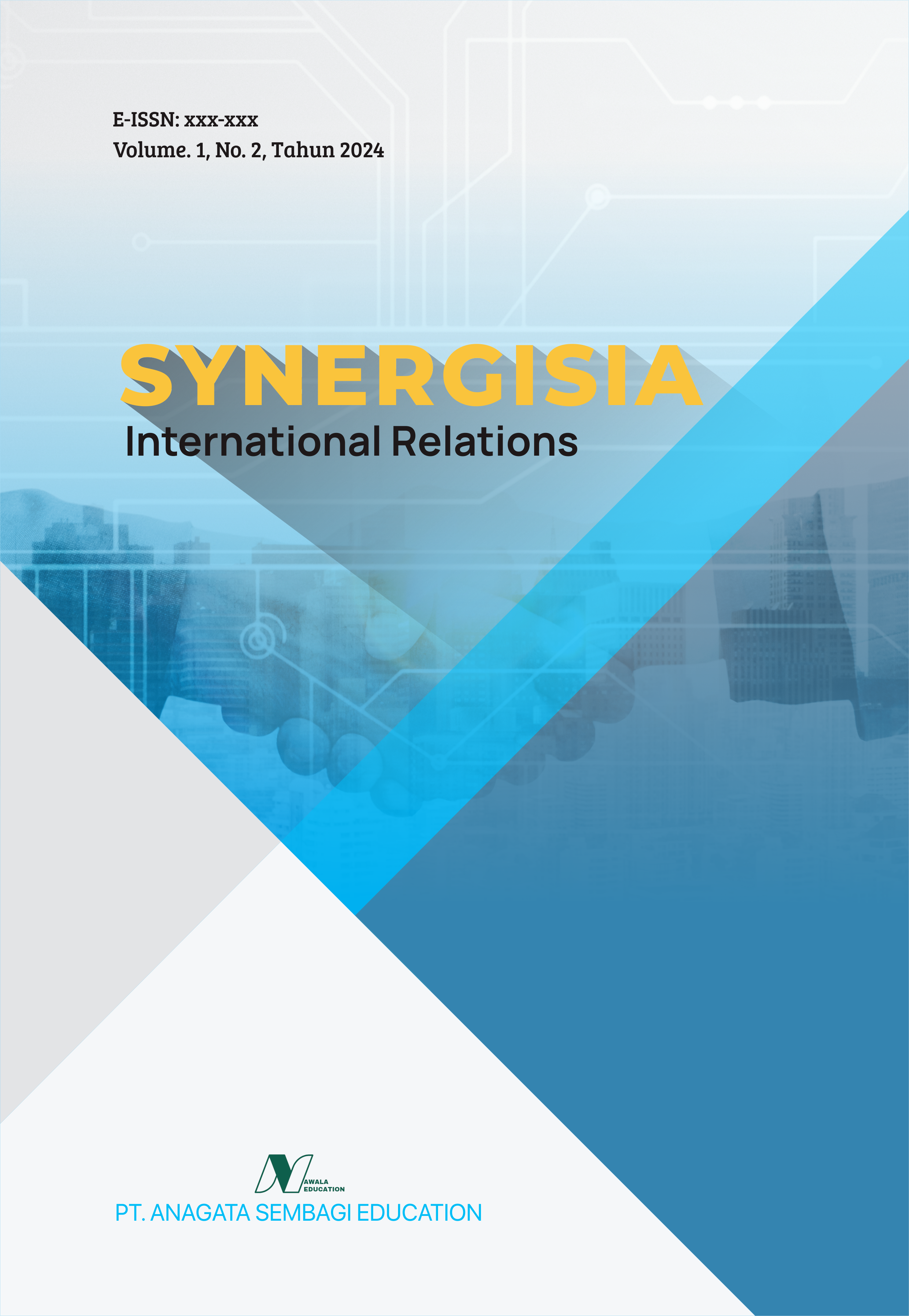Evaluation of Global Trade Policy in an Economy
DOI:
https://doi.org/10.62872/vxmacp17Keywords:
Indonesian Economy, Evaluation of global trade policies, Economic transactionsAbstract
The purpose of this study is to explain the importance of evaluating global trade policies in the context of the Indonesian economy. Economic transactions such as exports, imports, foreign investment, foreign debt, remittances, and payment of services play a key role in the Indonesian economy. Factors such as differences in resources, economies of scale, technological differences, differences in demand, differences in regulations, innovation, and research affect international trade. However, there are also factors that can hinder international trade, such as tariffs, trade wars, technical and cultural barriers, economic crises, protectionism, and infrastructure inequality. The impact of these economic transactions also affects Indonesia's trade balance, economic growth, and overall financial stability. The study also underscores the need to take into account external dynamics, such as global economic conditions and changes in international trade regulations, in the evaluation process of global trade policies. Qualitative research methods are used to evaluate global trade policies, including case studies, qualitative interviews, document analysis, participant observations, and content analysis. The evaluation of global trade policies considers their impact on economic growth, social inequality, the environment, and political stability. In conclusion, a thorough understanding of the complex and related aspects of global trade policy evaluation is necessary for sustainable and well-being-oriented decision-making of society as a whole.
Downloads
Downloads
Published
Issue
Section
License
Copyright (c) 2024 Synergisia

This work is licensed under a Creative Commons Attribution-ShareAlike 4.0 International License.












